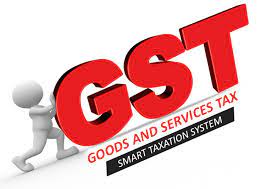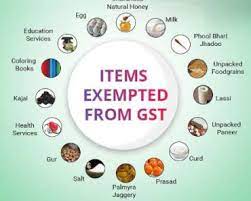GST-exempt categories
GST-exempt categories, The term “GST-exempt” is used to describe goods, services, or transactions that are not liable to the application of the Goods and Services Tax (GST) within a specific jurisdiction. Exempt items are typically specify in the GST legislation or regulations, and they are not liable for GST at any stage of the supply chain.
In many countries with GST systems, there are certain categories of goods, services, or transactions that are exempt from GST. These exemptions are put in place to alleviate the tax burden on essential goods and services or to support specific industries or social objectives.
The specific items or transactions that are consider GST-exempt Categories can vary between jurisdictions.
Here are some examples of commonly exempt items or transactions:
Basic necessities:
Essential items such as food staples, healthcare services, education, residential rent, and certain financial services may be exempt from GST.
Public transportation:
Public transportation services such as bus, train, and tram services may be exempt from GST to promote accessibility and affordability.
Education and healthcare:
Services provided by educational institutions, healthcare providers, hospitals, and clinics may be exempt from GST-exempt categories to ensure access to essential services.
Charitable activities:
Activities carried out by register charities or nonprofit organizations may be exempt from GST to support their philanthropic efforts.
Government services:
Services provided by government entities, such as public administration, defense, and justice, may be exempt from GST.
Certain financial transactions:
Some financial services such as lending money, insurance, and investments may be exempt or subject to specific provisions under GST.
It’s important to note that the specific exemptions and provisions can vary between jurisdictions, and it’s advisable to consult the local tax authority or seek professional advice to understand the specific exemptions applicable in a particular country or region.
FAQs:
Related Topics:
How do I treat GST in final accounts?
What is ledger balance in GST?
To visit https://www.gst.gov.in/

For further details access our website https://vibrantfinserv.com

